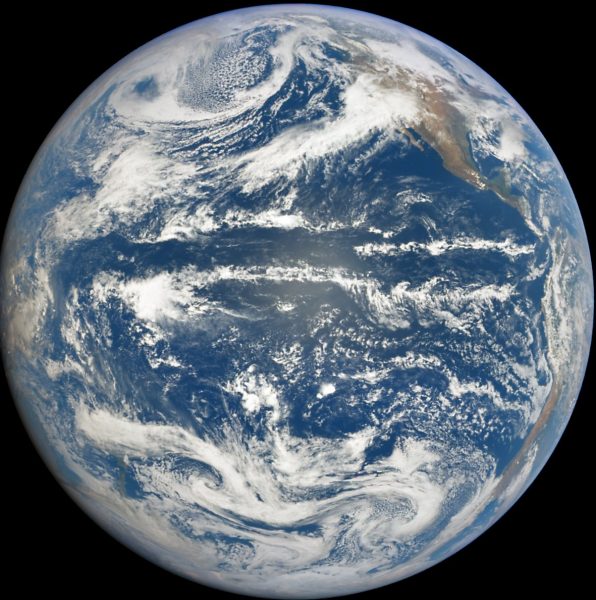About the Lab
Welcome to the tropical climate dynamics research group at Woods Hole Oceanographic Institution (WHOI)! We are interested in atmospheric and oceanic processes in the tropics and their interactions with higher latitudes. We study a variety of topics, including the Inter-Tropical Convergence Zone (ITCZ), marine atmospheric boundary layer clouds, the Madden-Julian Oscillation (MJO), the Hadley circulation, equatorial waves, tropical cyclones, El Niño-Southern Oscillation (ENSO), and tropical-extratropical interactions. One of our primary goals is to improve understanding of observations of these complex phenomena using a hierarchy of models and observations. With this improved understanding, weather and climate prediction can be guided in the right direction.
We are also involved in science education and outreach, particularly at WHOI and in the local Cape Cod community. From bringing hands-on rotating tank climate science experiments to K–12 and college classrooms to mentoring middle- and high-school students and teachers on research projects, we strive to motivate a generation of future scientists.
We have an opening for a Ph,D, student to start Fall 2025 as a part of the MIT-WHOI Joint Program. The project seeks to better understand cloud structures in and surrounding the southern hemisphere branch of the ITCZ over the east Pacific Ocean with a long-term goal of alleviating the double ITCZ bias.
Recent News
We have a Graduate Student Research Assistantship opening in our Tropical Climate Dynamics group at MIT-WHOI for Fall 2025. We are seeking a bright and enthusiastic student who has strong skills in applied mathematics and computer programming with interests in improving climate modeling of clouds and the interactions between the upper ocean and lower atmosphere.…
Alex and a team of various scientists at WHOI collected atmospheric soundings at Woods Hole weather station (on WHOI’s Village Campus) from 15 July through 28 July and 21 September through 4 October via weather balloon launches as a part of the Wind Forecast Improvement Project 3 (WFIP3, https://www2.whoi.edu/site/wfip3/) field campaign. The data is being…
Alex spent a week at NCAR’s Mesoscale and Microscale Meteorology Laboratory (MMM) attending the NSF SOARS summer colloquium and poster session as well as collaborating with Fouzia Fahrin and Fouzia’s ASP’s Graduate Visitor Program mentor, Falko Judt (MMM). Alex also had the chance to visit Colorado State University to meet with colleagues and friends from…

